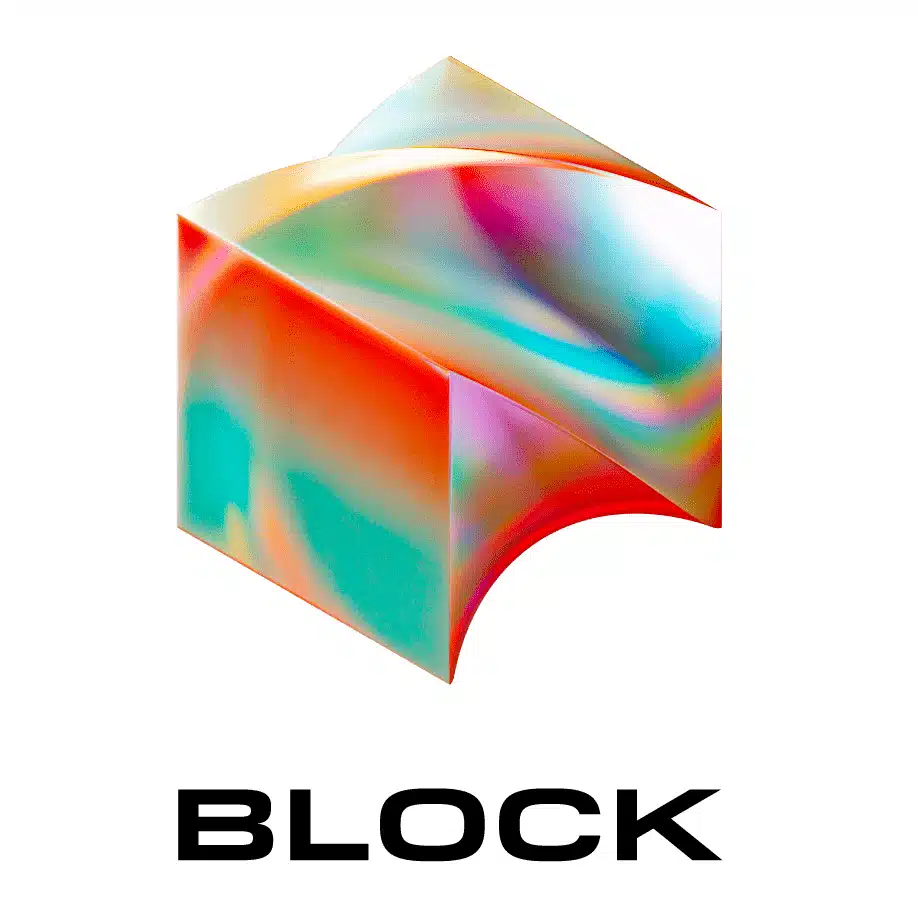The big payments platform Block Inc. will remain focused on its Afterpay buy now, pay later offering, on its Cash App digital wallet, and on increasing access to Square Loans, said Block chief executive Jack Dorsey late Thursday during the company’s third-quarter earnings call.
Dorsey stressed the key importance of lending to Block’s current strategy. Merchants that borrow money through Square Loans, formerly Square Capital, grow their business 6% faster, on average, than sellers that do not take out a loan, Dorsey said in his quarterly letter to shareholders. Loss rates on Square Loans are at 4% or less.
Offering merchants capital through Square Loans also provides them with “an easy option to grow” their business and sales, Dorsey told analysts on Thursday’s call. “We want to lead with technology, which means having a deep understanding of our sellers and consumers,” he said.

Lending options for Square merchants can increase cross-selling opportunities for other Square-branded products, Dorsey argued. Square is Block’s acquiring arm.
Sellers that have taken out a loan use 3.7 Square products on average, compared to 1.5 products used by sellers that haven’t borrowed, Dorsey said in his quarterly investor letter. In addition, sales of software-as-a-service-based applications among merchants that have taken out a loan are 10 percentage points higher than they are with sellers that have not taken out a loan.
On a related note, one of the biggest initiatives in the works is the planned addition of Afterpay as a payment option for the Cash App card, Block’s Visa-branded debit card that accesses funds from the cardholder’s account. Afterpay is Block’s buy now, pay later service. Block plans to add Afterpay to 24 million Cash App cards to “transform” the cards into “a better alternative to credit cards,” Dorsey said.
A pilot for the service has been encouraging so far, and Block plans to begin rolling out the conversion on a broad scale, he added.
One expected benefit of adding Afterpay to the Cash App card is increased transactions. Consumers using Afterpay for more than five years transact more than 31 times per year on average, compared to 4 times a year for cardholders that don’t use Afterpay, according to Block.
Adding Afterpay to the Cash App card would also create new opportunities to funnel more traffic to Block merchants, the company says. As of the third quarter, Afterpay has driven 460 million customer leads to merchants, according to Block.
Monthly Cash App card transactions averaged 57 million for the third quarter, up from 55 million for the same period a year ago, an 11% increase. Overall, the 24 million active Cash App cardholders represent 43% of all Cash App cardholders. That’s up from 22 million active cardholders representing 40% of the cardholder base for the same period a year ago.
Since Block acquired Afterpay in 2022, consumers have spent more than $72 billion through the platform and saved an estimated $1 billion in interest charges and late fees, Block says. The company’s loss rates on BNPL loans is about 1%, Dorsey said in his shareholder letter.
On the consumer-lending side of its business, Block is finding that consumers who have taken out a Cash App Borrow loan are using the funds to manage daily expenses. A recent survey revealed that 43% of Cash App Borrow actives used the loans to pay bills, while 38% said the loans helped smooth cash flow between paychecks, Block says. Default rates on Cash App Borrow are less than 3%, the company says.
Highlights for the latest quarter include the introduction of new products such as a preauthorization application for Square sellers and a pilot for an enhanced version of the company’s restaurant point-of-sale management system. The pilot is expected to begin rolling out next year, Amrita Ahuja, Block, chief operating and chief financial officer, said during the call.






